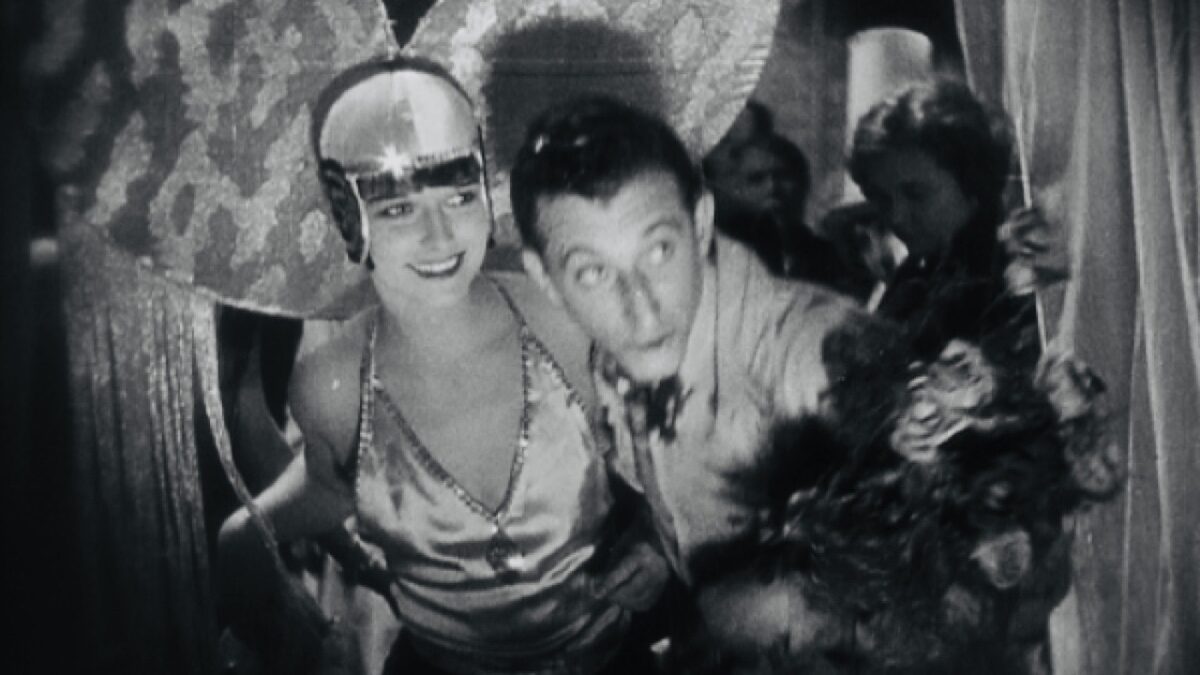Fabienne Rousso-Lenoir’s documentary, Cabaret-Berlin, The Wild Scene, is a nostalgic excursion into a lost world.
Currently being screened online by the Toronto Jewish Film Foundation, it’s a bold and brash movie, composed of a collage of eclectic images taken from movie clips, photographs, drawings and paintings. It is narrated in theatrical style by the German actor Ulrich Tukur.
The cabarets of 1920s and early 1930s Berlin were renowned as venues of avant-garde live entertainment. Singers, backed by high-kicking dancers, belted out catchy tunes with militant lyrics. Comedians poked caustic fun at current events, politics and culture in Weimar Germany, creating what some called a unique Berlin spirit.
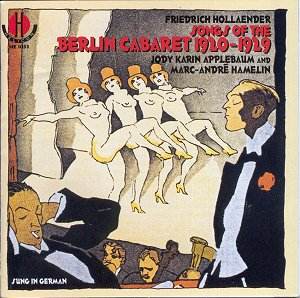
Many of the composers, directors and performers were Jewish, ranging from Max Reinhardt and Mischa Spoliansky to Werner Heymann and Rudolf Nelson.
The cabarets took flight as Germany recovered from abject defeat in World War I and entered a new and uncertain era of modernity.
The 1972 Hollywood movie Cabaret, directed by Bob Fosse and starring Liza Minnelli and Joel Grey, distilled the essence of this cosmopolitan epoch. Set in Berlin in 1931, it was adapted from Christopher Isherwood’s semi-autobiographical novel, The Berlin Stories, and his play, I Am A Camera.
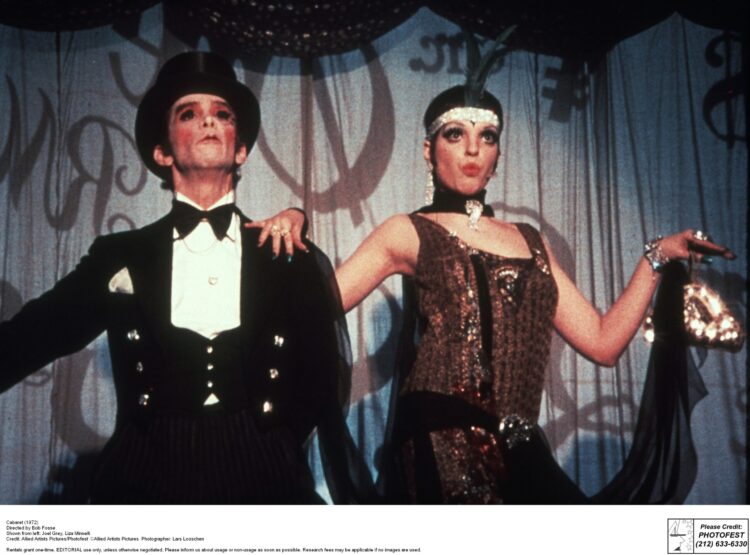
The period covered by Cabaret-Berlin was a tumultuous one politically, socially and economically. Revolutionary councils emerged. Labor strikes broke out. Inflation soared to ridiculous heights, wiping out the savings of ordinary Germans. By 1923, one U.S. dollar was worth millions of marks. Governments rose and fell. Fascists and communists clashed in the streets as Weimar wobbled.
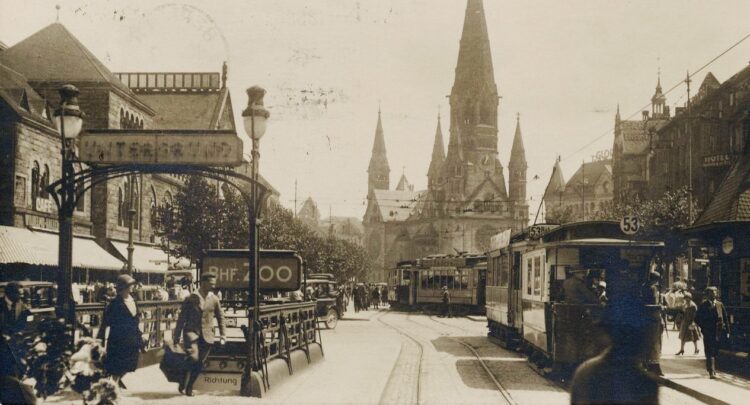
As these upheavals occurred, Berlin flourished as the undisputed capital of the arts, while the Bauhaus school shattered all the traditional and hallowed rules of architecture.
Feminists asserted themselves and gays and lesbians came out of their closets, upending heretofore unquestioned bourgeois values.
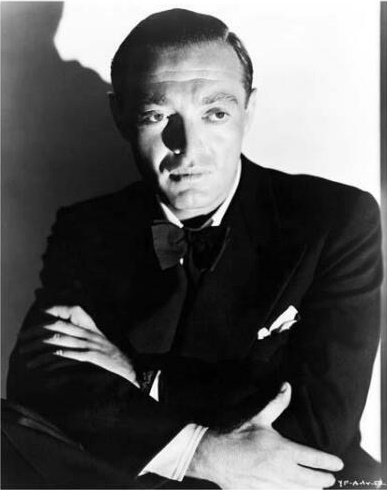
In two intriguing clips, the actor Peter Lorre converses with a saucy woman, while the alluring Marlene Dietrich, who launched her career in cabarets as a scantily-dressed chorus girl, auditions in a screen test for a role in The Blue Angel, a film that would catapult her to stardom in Hollywood.
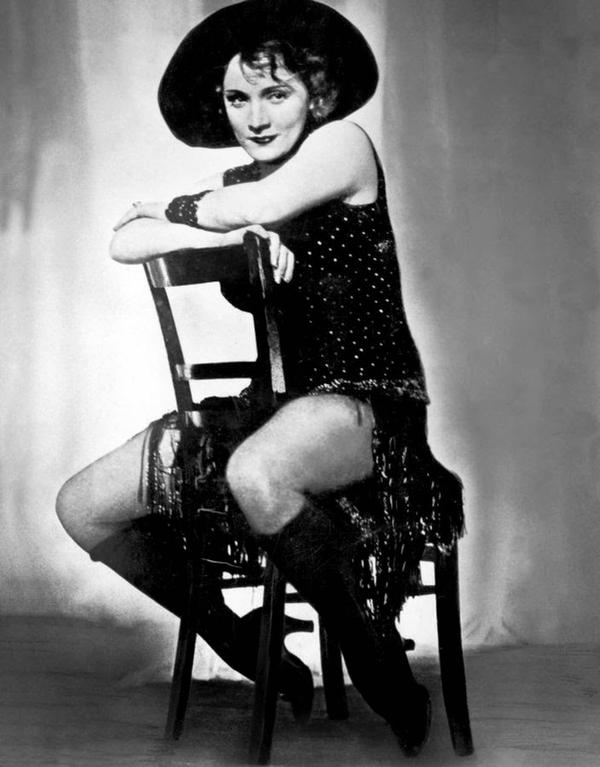
The idyl ended with the stock market crash of 1929 and the onset of mass unemployment and discontent. The Nazi Party gained ground, and in fascist circles, democracy was contemptuously dismissed as “Jewish hogwash.”
After Adolf Hitler was appointed chancellor in 1933, a cabaret performer sang this forlorn line, “The beasts are now in power.”
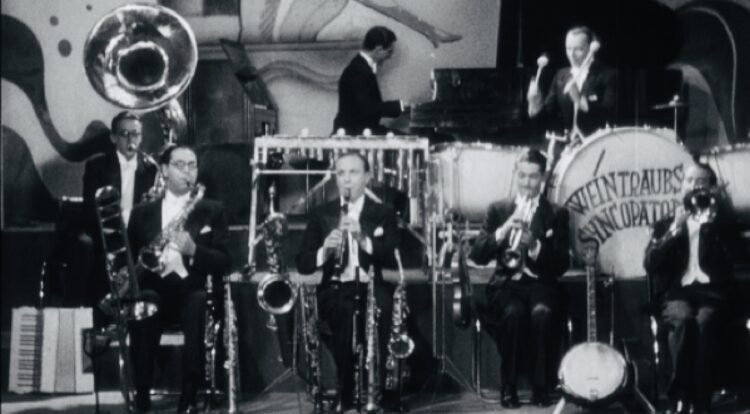
Mercilessly persecuted, Jews left Germany in droves. A few Jewish cabaret performers returned after the war to resuscitate their careers and try to recreate what had been. But for all intents and purposes, the Berlin of old they had cherished had disappeared and was little more than a fond and distant memory.
